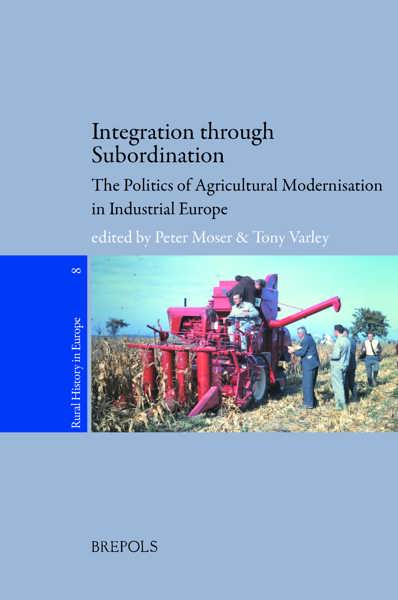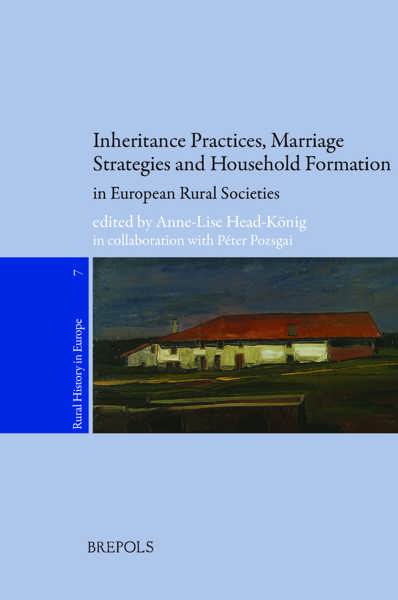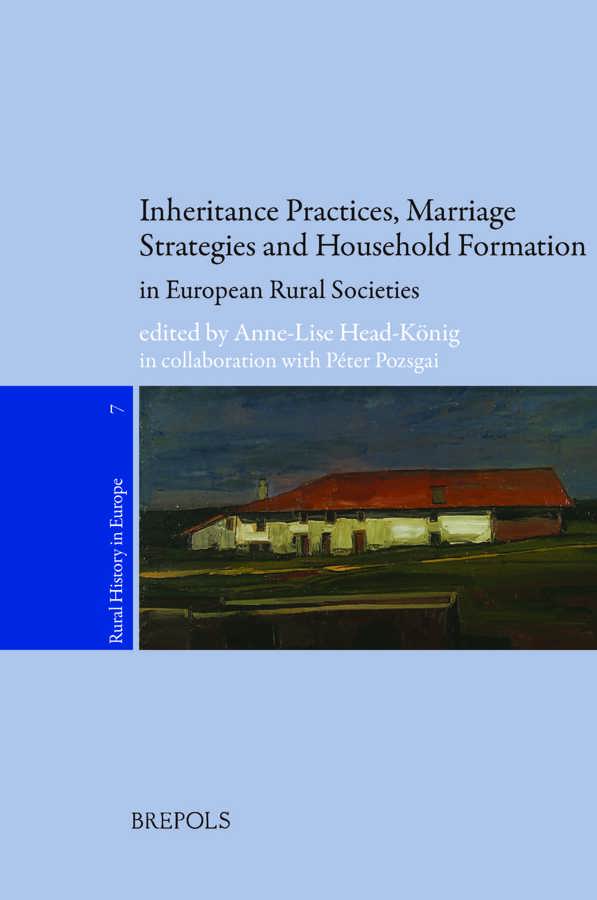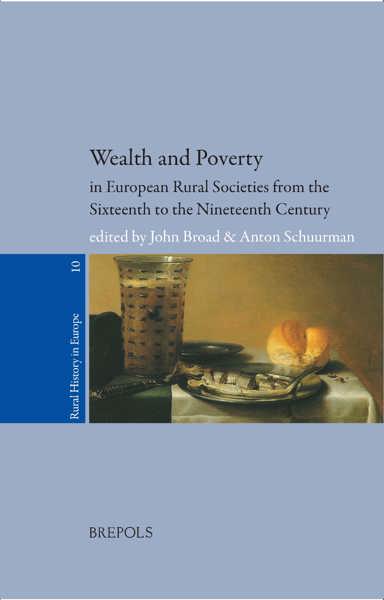
Inheritance Practices, Marriage Strategies and Household Formation in European Rural Societies
Anne-Lise Head-König (ed)
- Pages: 337 p.
- Size:156 x 234 mm
- Language(s):English
- Publication Year:2012
- € 85,00 EXCL. VAT RETAIL PRICE
- ISBN: 978-2-503-54395-6
- Paperback
- Available
- € 85,00 EXCL. VAT RETAIL PRICE
- ISBN: 978-2-503-55923-0
- E-book
- Available
Conventional wisdom holds that, over a long period of history, many women and men in the countryside were prevented from marrying because they lacked access to land. This volume offers an up-to-date discussion of the interaction between inheritance practices, marriage and household formation both for those who inherited and those who did not. It asks why and to what extent inheritance patterns and household structures differed between countries and regions in Europe right up to the present day.
Dealing with both impartible and partible inheritance, it examines how retirement practices and choices between ante-mortem or post-mortem property transfers gave rise to a wide range of specific strategies. The chapters cover rural Europe from the seventeenth to the twentieth century, ranging from semi-subsistence and seignorial societies to highly market-oriented economies. They offer case studies drawn from the Iberian Peninsula to Scandinavia and from the British Isles to Russia.
Anne-Lise Head-König is professor em. of social and economic history at the University of Geneva (Switzerland). Her main fields of research relate to the transformations in rural societies in Switzerland and in Europe with their social and demographic implications, including social mobility, migration and gender.
Péter Pozsgai is associate professor of social and economic history at the Corvinus University of Budapest (Hungary). His research interests in rural studies cover demography, agrarian social relations, property transfer and the land market in Hungary and in Europe from the eighteenth to the twentieth century.




